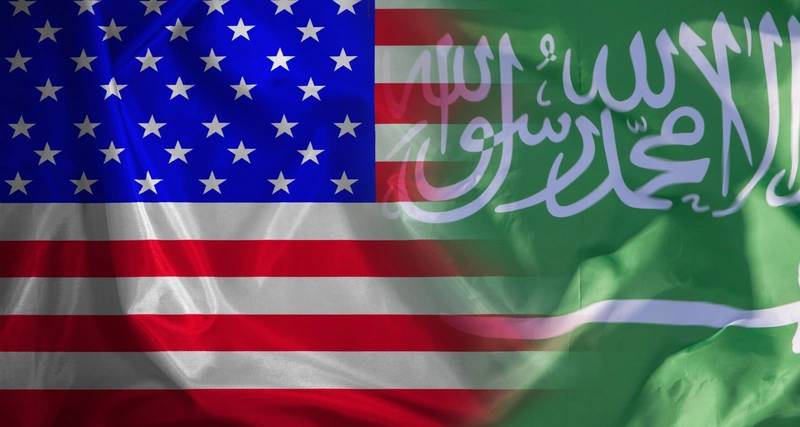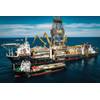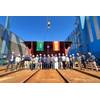U.S. Sends First Crude Shipment to Saudi Arabia in Years
The United States sent a shipment of crude to Saudi Arabia in June, data from the U.S. Census Bureau showed on Wednesday, in what appears to be the first such delivery since the U.S. ban on crude exports ended in 2015.
The United States shipped about 550,000 barrels, or 18,300 barrels per day (bpd), of crude to Saudi Arabia in June, U.S. Census data shows. The U.S. Energy Information Administration has no recorded instances of a U.S. crude shipment to Saudi Arabia.

U.S. Census data shows a miniscule 1,000-barrel shipment to Saudi Arabia in 2002. That was during the four-decade ban on exports.
The size of June's cargo is less than what would be shipped even in the smallest class of crude tankers known as Aframax vessels. Traders said it is possible the cargo was part of another shipment headed to a different country. There are no records of a crude shipment to Saudi Arabia from the United States in Refinitiv Eikon vessel tracking data.
Saudi Arabia is one of the biggest suppliers of crude to the United States. It sent about 1.2 million barrels per day of crude in May, the most in three years, the result of a short-lived oil price war between Saudi Arabia and Russia that erupted just as the coronavirus pandemic was worsening worldwide.
That created a major supply glut, which the Organization of the Petroleum Exporting Countries, led by Saudi Arabia, and allies agreed to deal with by cutting output by 9.7 million bpd. OPEC oil output rose by more than 1 million bpd in July as Saudi Arabia and other Gulf members ended voluntary additional supply curbs on top of that deal.
U.S. crude exports have surged since Washington lifted a ban in 2015, averaging 2.75 million bpd in June.
(Reporting by Devika Krishna Kumar in New York Editing by Matthew Lewis)
Related News


